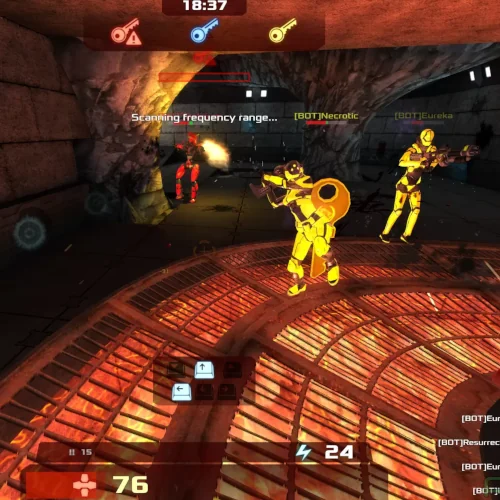DXVK 2.0 Released With Many Improvements For Direct3D Over Vulkan

With DXVK 2.0 there is now a requirement on the underlying Vulkan driver supporting Vulkan API v1.3. Vulkan 1.3 is now a firm requirement so better assumptions can be made by DXVK about the underlying capabilities and efficiently mapping Direct3D atop this industry standard API.
DXVK 2.0 brings a number of Direct3D 9 changes including improved memory management, support for D3D11 Feature Level 12_1 with various new features now wired up, support for new D3D11 feature queries, shader compilation improvements by making use of EXT_graphics_pipeline_library for compiling shaders at game load time, state cache improvements, and other enhancements.
DXVK 2.0 also has fixes/improvements helping out Dragon Age Origins, Empire: Total War, Final Fantasy XV, Grand Theft Auto IV, Metal Gear Solid V: Ground Zeroes, Sonic Generations, Spider Man: Shattered Dimensions, The Ship, Warhammer Online, and numerous other games.
DXVK 2.0 also marks the point that DXVK-Native has been upstreamed into the DXVK project itself as a drop-in replacement for porting D3D app code over to Linux.
DXVK 2.0 is a big update for this important piece of the puzzle to the Linux gaming stack. DXVK 2.0 sources are available for download from GitHub while should also be pulled into a new Proton update soon for being easily available on Steam and with the Steam Deck.
20 Comments

